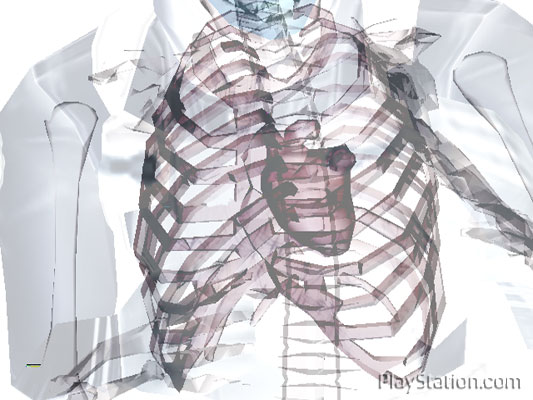

27, 1963, the day before the historic March on Washington.Countries agreed under the 2015 Paris Agreement on climate change mitigation to attempt to limit the rise in global temperatures to 1.5 degrees Celsius (2.7 degrees Fahrenheit), the threshold scientists say would head off the worst impacts of warming. A citizen of the world until the end, the 93-year-old Du Bois moved to Ghana to manage the project, acquiring citizenship of the African country in 1961.
#Death by degrees ending series
He later organized a series of Pan-African Congress meetings around the world in 1919, 1921, 1923, and 1927, bringing together intellectuals from Africa, the West Indies, and the United States.Īt the end of his life, Du Bois embarked on an ambitious project to create a new encyclopedia on the African diaspora, funded by the government of Ghana. Throughout his life, Du Bois was active in the Pan-Africanism movement, attending the First Pan-African Conference in London in 1900. Du Bois also turned a spotlight onto the injustices of colonialism, urging the United Nations to use its influence to take a stand against such exploitative regimes.

He wrote the famous NAACP publication, "An Appeal to the World," a precursor to a report charging the United States with genocide for its ugly history of state-sanctioned lynchings. In this role, he attended the founding convention for the United Nations, channeling his energies toward lobbying the global body to acknowledge the suffering of Black Americans. Global citizenĪfter a ten-year hiatus, Du Bois came back to NAACP as the director of special research from 1944 to 1948. Du Bois also resigned from the NAACP board and returned to Atlanta University. He viewed the "separate but equal" status as an acceptable position for Blacks. "One ever feels his twoness, - an American, a Negro two souls, two thoughts, two unreconciled strivings two warring ideals in one dark body, who dogged strength alone keeps it from being torn asunder."ĭu Bois served as editor of The Crisis until 1934, when he resigned following a rift with NAACP leadership over his controversial stance on segregation.

With Du Bois as its mouthpiece, NAACP came to be known as the leading protest organization for Black Americans. Under Du Bois's guidance, the journal attracted a wide readership, reaching 100,000 in 1920, and drew many new supporters to NAACP. A 1915 article in the journal gave a year-by-year list of more than 2,700 lynchings over the previous three decades.ĭu Bois, who considered himself a socialist, also published articles in favor of unionized labor, although he called out union leaders for barring Black membership. Editor of The Crisis, NAACP's monthly journalĭu Bois became the editor of the organization's monthly magazine, The Crisis, using his perch to draw attention to the still widespread practice of lynching, pushing for nationwide legislation that would outlaw the cruel extrajudicial killings. In this collection of essays, Du Bois described the predicament of Black Americans as one of "double consciousness": "One ever feels his twoness, - an American, a Negro two souls, two thoughts, two unreconciled strivings two warring ideals in one dark body, who dogged strength alone keeps it from being torn asunder." The term "double consciousness" has come to be widely used as a theoretical framework to apply to other dynamics of inequality. In an essay published in The Atlantic Monthly in 1897, "Strivings of the Negro People," Du Bois wrote that Black Americans should instead embrace their African heritage even as they worked and lived in the United States.ĭu Bois published his seminal work The Souls of Black Folk in 1903. He also spoke out against the notion popularized by abolitionist Frederick Douglass that Black Americans should integrate with white society. Washington, another contemporary prominent intellectual, that Southern Blacks should compromise their basic rights in exchange for education and legal justice.

He challenged the position held by Booker T. Leading Intellectualĭu Bois, a scholar at the historically Black Atlanta University, established himself as a leading thinker on race and the plight of Black Americans. The first Black American to earn a PhD from Harvard University, Du Bois published widely before becoming NAACP's director of publicity and research and starting the organization's official journal, The Crisis, in 1910. Du Bois was already well known as one of the foremost Black intellectuals of his era. Before becoming a founding member of NAACP, W.E.B.


 0 kommentar(er)
0 kommentar(er)
